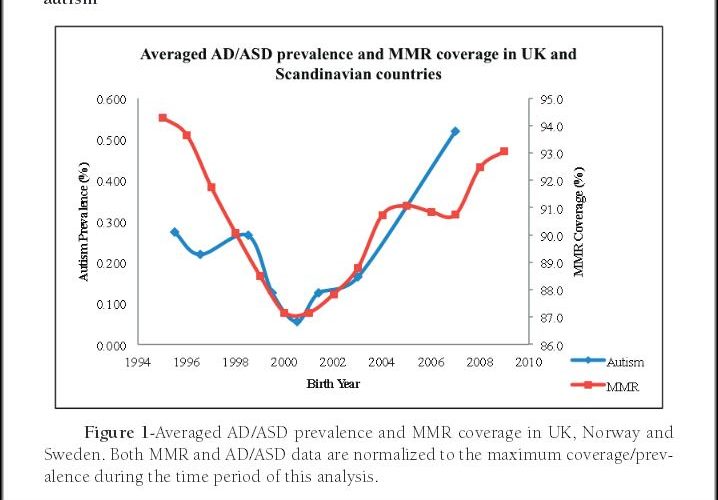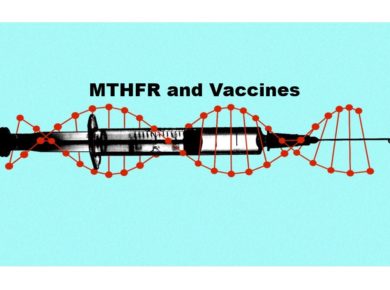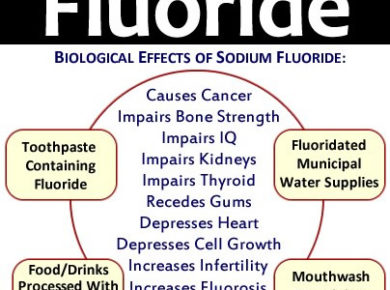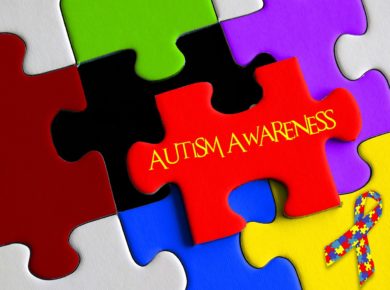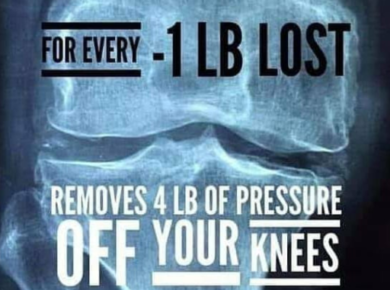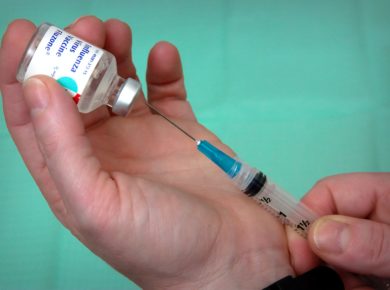In the Deisher graph, the incidence goes down and then up again. This demonstrates a causal relationship between the MMR vaccine and autism.
Simply put, the MMR vaccine causes autism.
This is similar to the “positive rechallenge” phenomenon in which the CSM (Committee on Safety of Medicines) has always accepted, for practical purposes, as proof of causation when drugs are being considered.
Challenge–dechallenge–rechallenge (CDR) is a medical testing protocol in which a medicine or drug is administered, withdrawn, then re-administered, while being monitored for adverse effects at each stage.
During the withdraw phase, the medication is allowed to wash out of the system in order to determine what effect the medication is having on an individual.
CDR is one means of establishing the validity and benefits of medication in treating specific conditions as well as any adverse drug reactions.
The Food and Drug Administration lists positive dechallenge reactions (an adverse event which disappears on withdrawal of the medication) as well as negative (an adverse event which continues after withdrawal), as well as positive rechallenge (symptoms re-occurring on re-administration) and negative rechallenge (failure of a symptom to re-occur after re-administration).
In order words, the FDA uses the CDR as a way to establish a causal relationship between a drug and a reaction.
In addition, it is one of the standard means of assessing adverse drug reactions in France and the UK.
Unfortunately, vaccines are not subject to the same restrictions as drugs.
As D.r Peter Fletcher, former Chief Scientific Officer for the UK pointed out, the MMR vaccine would have been withdrawn had it been a drug, simply because of the cases of “positive rechallenge”.
Yep, you heard it. Dr. Peter confirms that the MMR causes reactions like autism.
God bless y’all
Dr. Serge

